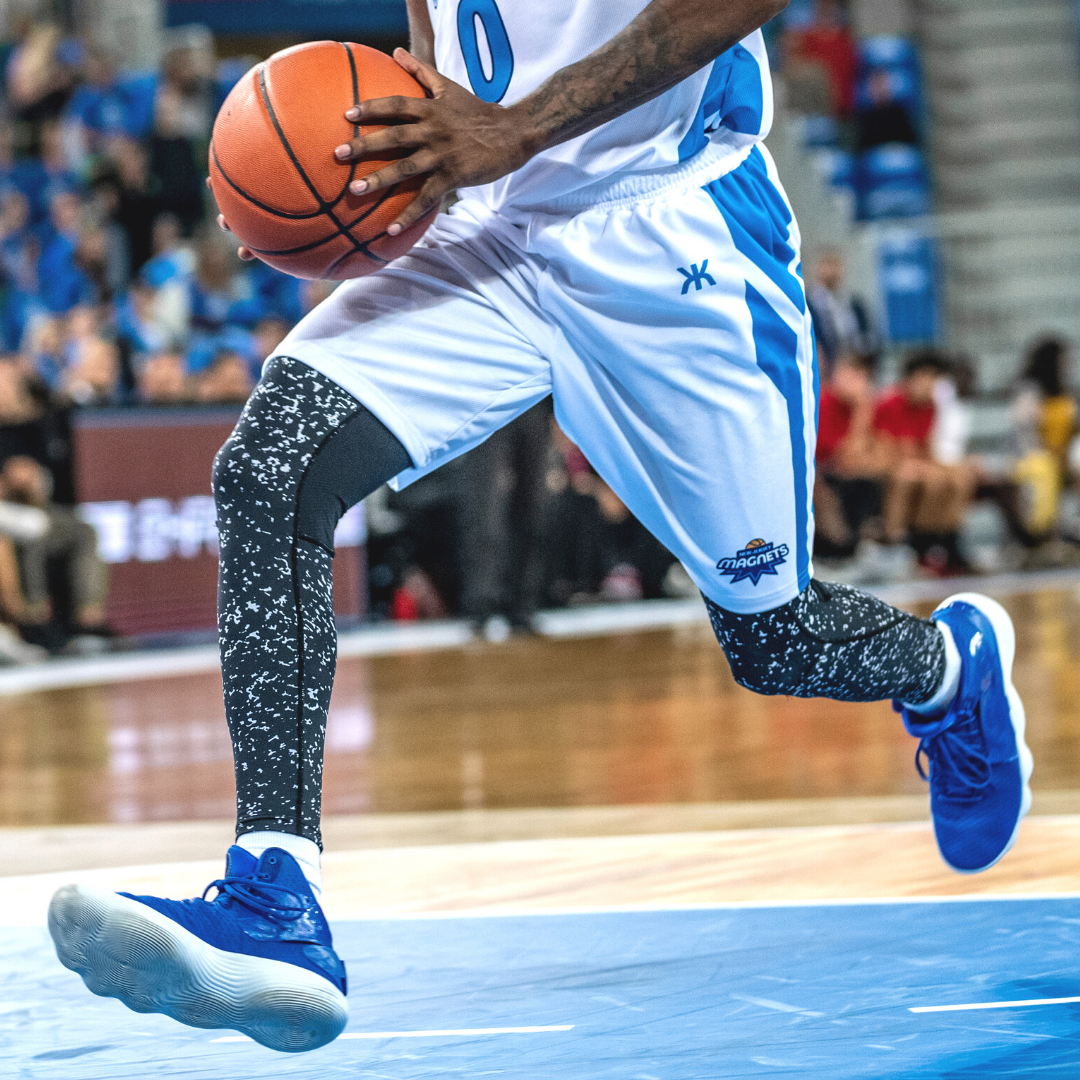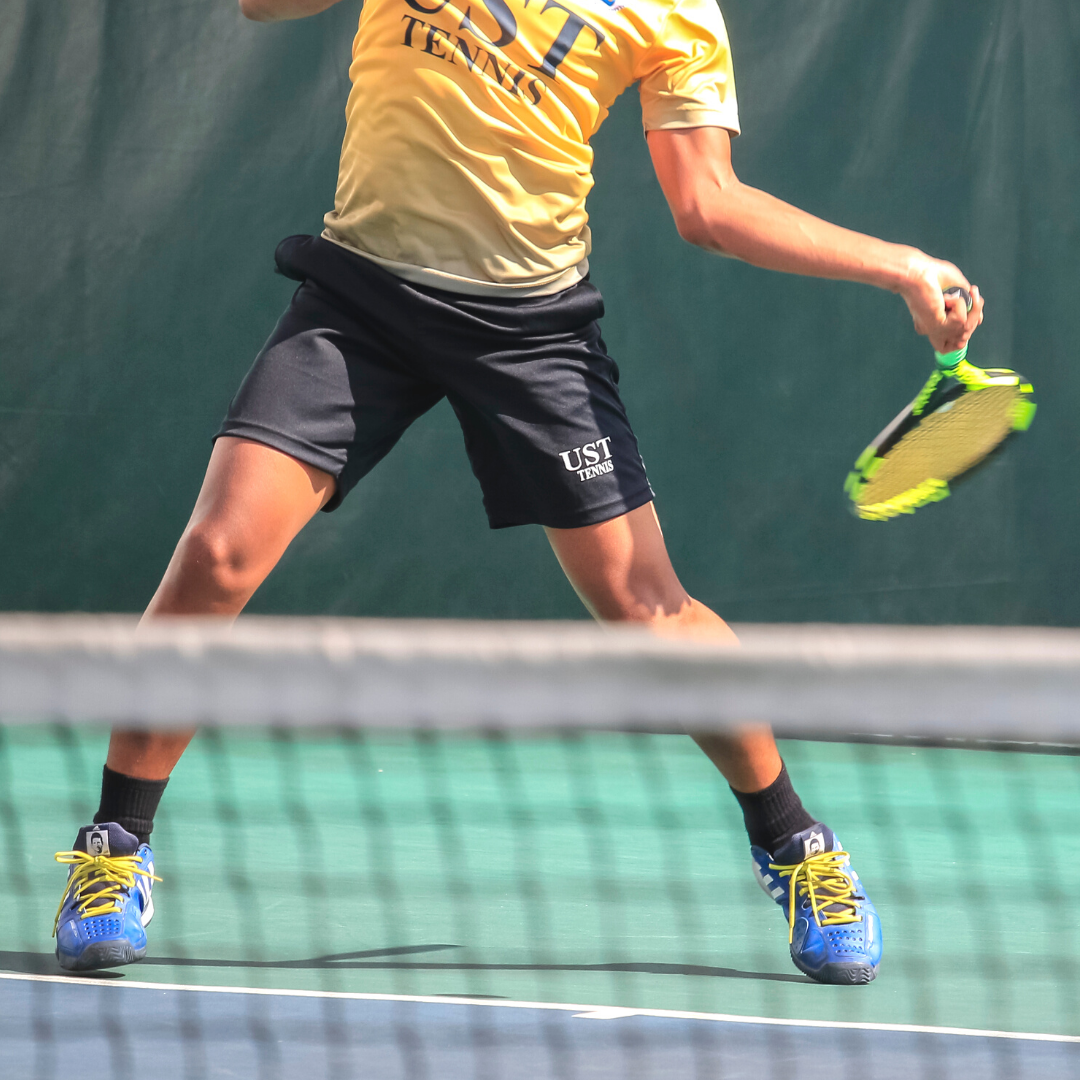New England Patriots offensive lineman Isaiah Wynn, a 2018 first-round pick, is out for the year after tearing his left Achilles tendon in the first quarter of Thursday’s 37-20 preseason win over the Philadelphia Eagles. Wynn suffered the injury while playing right tackle, where Eagles defensive lineman Michael Bennett pushed Wynn into Tom Brady. The 23rd overall pick limped off the field and then visited the medical tent before being carted off to the locker room.
The Achilles tendon connects the muscles in the back of the calf to the heel bone. It functions to help point the foot downward, stand on one’s toes and push off while walking/running/jumping. If it is overstretched or experiences increased stress, it can partially or completely tear. During the rupture, the athlete may hear a pop, followed by an immediate sharp pain in the back of the ankle and lower leg.
Achilles injuries usually occur in the section of the tendon situated within 2.5 inches of the point where it attaches to the heel bone. This section is prone to injury because of the relatively decreased blood flow in that area. Most people who suffer from this injury experience pain, swelling, and an inability to bend the foot down or stand on the toes of the injured leg.
While typically thought of as a classic “weekend warrior”-type injury, these injuries are not uncommon in high-level athletes playing sports that require extensive running and jumping and sudden starts and stops, such as football, soccer, basketball, football and tennis.
To accurately diagnose an Achilles tendon rupture, a physician can usually feel a gap in the tendon if it has ruptured completely. An ultrasound or MRI scan may also be used to determine the extent of the injury, whether a complete or partial rupture.
Treatment depends on the age and activity level of the patient, and the severity of the injury. Younger and more active patients, especially professional athletes, are treated with surgery to repair a complete rupture.
Surgical intervention involves making an incision in the back of the lower leg and stitching the torn tendon together. More recent techniques enable surgeons to fix this through much smaller incisions, which decreases the risk of wound healing complications and infection.
It is worth noting that older patients may opt for nonsurgical treatment. While this decreases the risks associated with surgery, patients do have an increased risk of re-rupture, and they aren’t as strong as patients treated with surgery. Nonsurgical treatment includes resting, icing, using anti-inflammatories, and inhibiting the movement of the ankle for the first few weeks via a walking boot or cast.
After surgery, Wynn will likely be in a splint for two weeks while using crutches. He will then be switched to a boot and allowed to put some weight on it for about six weeks. By six to eight weeks from surgery, most patients are allowed to walk without crutches in the boot.
Physical therapy to strengthen the leg muscles and Achilles tendon start about two weeks after the injury. Some newer techniques such as Blood Flow Restriction training may prevent atrophy and therefore speed up the recovery, though more studies need to be done to prove this hypothesis. Most people return to their former level of activity by about six months, but they should continue stability training afterward to prevent re-injury.
Wynn was chosen in the draft from the University of Georgia to help fill the void at tackle created by Nate Solder’s free-agent departure to the New York Giants. This injury is a big blow to the Wynn and the Patriots; the 21-year-old was seeing more snaps as a right tackle and was a candidate to serve as the top backup offensive lineman this season. Wynn will most likely undergo surgery and spend the rest of the season in rehabilitation.



